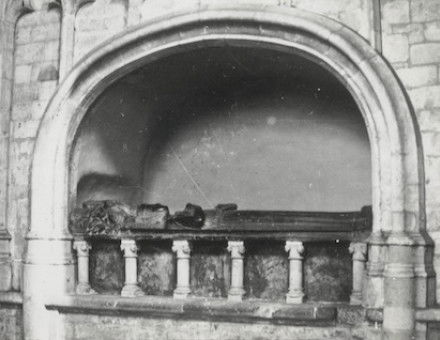“Who Was Mrs Clarke?”
At the beginning of the nineteenth century, writes D. Pepys Whiteley, an easy-going Royal Duke was deeply embarrassed by the scandalous revelations of a discarded mistress, and by the publication of his private letters.
On March 29th, 1809, Charles Lamb wrote to his exiled friend in China, Thomas Maiming:
“If you see newspapers you will read about Mrs. Clarke. The sensation in London about this business is marvellous: I remember nothing in my life like it. Thousands of ballads, caricatures, lives of Mrs. Clarke, in every blind alley. Yet in the midst of this stir, a sublime abstracted dancing-master, who attends a family we know in Kensington, being asked a question about the progress of the examination in the House, inquired who Mrs. Clarke was?
He had heard nothing of it. He had evaded this omnipresence by utter insignificancy! I proposed locking him up, barring him the use of his fiddle and red pumps, until he had minutely perused and committed to memory the whole body of the examinations which employed the House of Commons a fortnight, to teach him to be more attentive to what concerns the public.”





